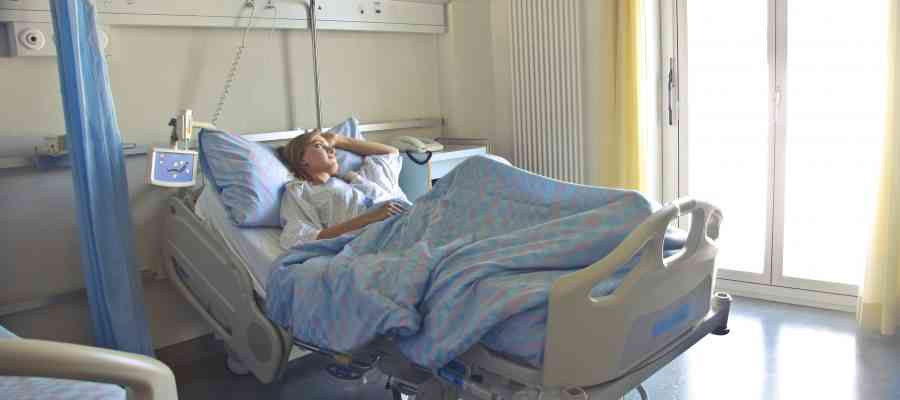Airborne germs pose great risk for everyone. These can cause disease and serious health risks. In hospitals, antibiotic-resistant germs are highly present. Hospitals house people who are sick and contagious and because of this, ac sanitation in hospitals cant be downplayed.
According to recent studies in the United States, “Healthcare-associated infections (HAIs) kill more people than AIDS.” HAIs, especially those acquired airborne, are dangerous and clearly on the rise. Through regular ac disinfection and cleaning, the risk of HAIs caused by airborne germs are reduced.
Though risks may not be as dangerous in your home as it is in hospitals, it is equally important to have frequent ac deep cleaning and your overall ac system sanitized.
Here are some things you can do to reduce the chances of acquiring airborne infection. Now that it’s the flu season, it’s important to take note of these things starting with freeing your AC system from bad bacteria and harmful germs.
- Control the level of humidity
WInter is also known as flu season, especially now that you’re spending most of your time indoors. Airborne germs are concentrated indoors and one great factor is the lack of humidity in the air.
Flu and other types of viruses survive in low humidity environments. Thus, you should create safe humidity levels in your home to be healthy.
Research shows that humidity levels between 40% and 60% have fewer flu germs present in the air and surfaces. This is the optimum level of humidity. Apart from ac sanitation, safe humidity level is also important to keep in check. Use a hygrometer to measure humidity in your home.
Air humidifiers, especially whole room humidifiers, can also maintain the perfect balance of humidity levels in your home and prevent airborne germs from multiplying and causing disease.
Whole room humidifiers add moisture to the air in your ac ducts, making your home more resistant to flu virus.
- Maintain Healthy Air Circulation
From regular ac sanitation, to keeping your humidity levels in check, the next step is to ensure healthy air is circulating inside your home. Do not simply rely on your ac system for temperature control as you are simply recycling air. When germs enter your home, they are not removed.
Crack your windows and doors open every now and then to prevent the spread of germs indoors. Consider turning off the AC even in the evening or in the afternoon to get some fresh air and keep it circulating inside the house.
- Air Filters Work Wonders
Recycled air indoors is harmful. Once it flows inside, it can be filled with germs. This is where air filters can be useful.
A good air filter can reduce the number of airborne particles or germs floating in the air. Filters with a High-Efficiency Particulate Air (HEPA) filter are more effective and preferred by doctors and allergists. It purifies the air by catching particles that stick to fibers the size of 0.5 to 2.0 micrometers.
HEPA filters remove microbes that cause flu or cold virus, as well as dust, mites, pollen and other allergens. You can also opt for a whole-room air purification or air filtration system or a room by room one.
Your AC system is also equipped with filters that remove particulates from the intake ducts that pull the air back from your home. These filters should be regularly replaced or cleaned by booking an ac cleaning service company.
- Schedule Frequent AC system Cleaning & Disinfection
Dirt makes the ac system prone to germs and pollutants. The best way is to schedule frequent ac sanitation and disinfection. They are technically experts in cleaning and disinfecting your whole ac system – from filters, ducts, to coils.
Regular maintenance is important. This ensures no mold buildup is there that serves as breeding ground for bacteria. These common issues are tackled during ac maintenance inspections.
Meanwhile, you can help by keeping the areas surrounding your air conditioning unit clean. Vacuum these places and make sure they’re free from dust and dirt. Excess dust and debris can hamper your ac’s performance.



